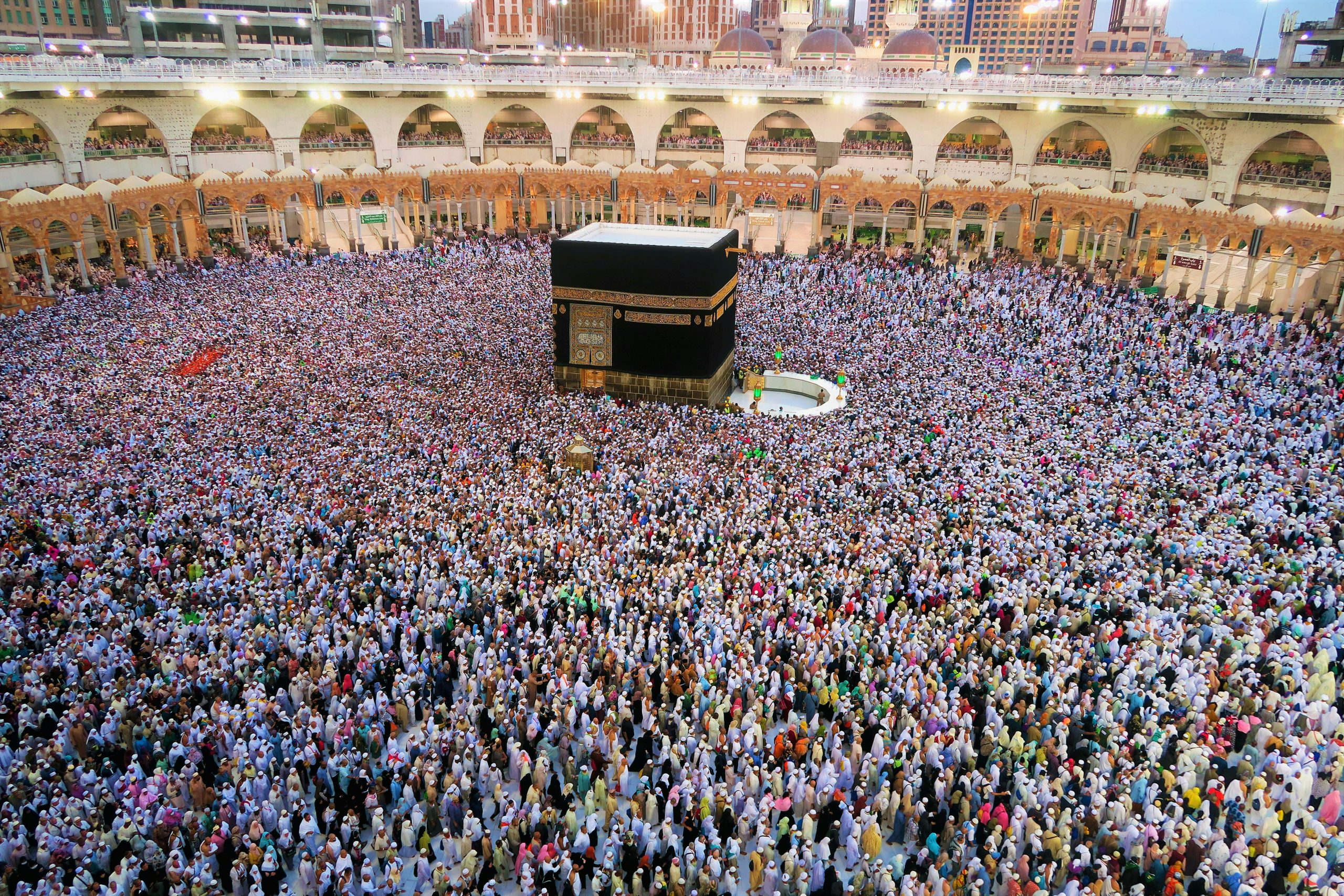Top Stories
10 Life-Changing Lessons from the Story of Hajj

Hajj, the fifth pillar of Islam, is not merely a physical journey to the holy city of Makkah but a profound spiritual expedition that offers timeless lessons. Rooted in the legacy of Prophet Ibrahim (AS) and his family’s unwavering faith, the rituals of Hajj encapsulate teachings that resonate with Muslims worldwide. Here are ten transformative lessons derived from the story of Hajj:
1. Unwavering Trust in Allah (SWT)
When Prophet Ibrahim (AS) left his wife Hajar and their infant son Isma’il (AS) in the barren desert of Makkah, Hajar’s immediate response was, “Did Allah command you to do this?” Upon his affirmation, she replied, “Then he will not neglect us.” This profound trust exemplifies the essence of Tawakkul—complete reliance on Allah’s wisdom and mercy.
2. The Power of Patience and Perseverance
Hajar’s relentless search for water, running between the hills of Safa and Marwah seven times, symbolises the virtues of patience and determination. Her efforts were rewarded with the miraculous spring of Zamzam, teaching us that sincere efforts, coupled with faith, lead to divine blessings.
3. Equality Before the Creator
During Hajj, millions don the simple white garments of Ihram, erasing distinctions of race, status, and nationality. This uniformity underscores the Islamic principle that all humans are equal in the eyes of Allah, with piety being the only criterion of superiority.
4. Submission to Divine Will
The act of Prophet Ibrahim (AS) preparing to sacrifice his beloved son Isma’il (AS) upon Allah’s command epitomises absolute submission. This event teaches us the importance of prioritizing divine commands over personal desires.
5. Resisting Temptations
The ritual of stoning the Jamarat symbolises the rejection of evil and the determination to resist Satan’s whispers. It serves as a reminder to constantly combat our inner temptations and remain steadfast in righteousness.
6. Unity in Diversity
Hajj brings together Muslims from every corner of the globe, fostering a sense of global brotherhood and unity. This gathering emphasizes the universal nature of Islam and the importance of solidarity among believers.
7. Reflecting on Life’s Purpose
The standing at Arafat, where pilgrims engage in deep contemplation and supplication, encourages introspection about one’s life, actions, and relationship with Allah. It’s a moment to seek forgiveness and renew one’s commitment to the faith.
8. Appreciating the Blessings of Allah
The hardships faced during Hajj, from physical exertions to enduring the desert’s heat, make pilgrims more appreciative of Allah’s countless blessings in daily life, fostering gratitude and humility.
9. The Importance of Community and Support
The collective rituals of Hajj, performed in unison with fellow believers, highlight the significance of community, mutual support, and the shared journey towards spiritual growth.
10. Renewal and Spiritual Rebirth
Completing Hajj is often described as a spiritual rebirth. The journey cleanses the soul, renews faith, and instills a deeper understanding of one’s purpose, encouraging pilgrims to lead lives rooted in righteousness and devotion.







